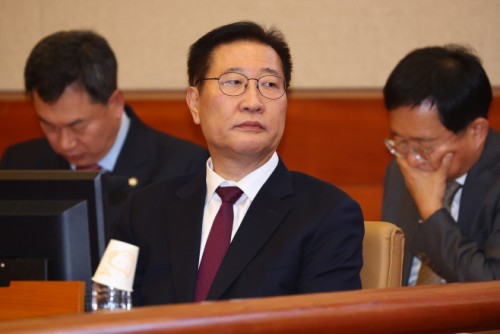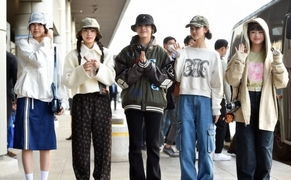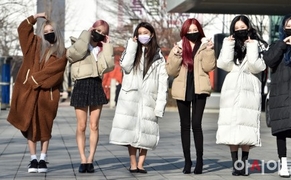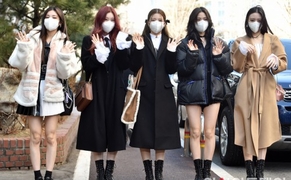 |
| Justice Minister Park Sung-jae attends the first hearing of the impeachment trial at the Constitutional Court in Jongno-gu, Seoul, on March 18. / Source: Yonhap News |
South Korea’s Constitutional Court on April 10 unanimously dismissed the impeachment motion against Justice Minister Park Sung-jae, allowing him to return to office immediately after 119 days of suspension.
At a public hearing held at the Constitutional Court in Jongno-gu, Seoul, all eight justices ruled to reject the impeachment request submitted by the National Assembly.
The National Assembly had passed the motion on December 12 last year, accusing Park of complicity in the president’s insurrection following the December 3 martial law declaration, refusal to submit documents to the legislature, and walking out during a plenary session. However, the court found no objective evidence that Park had actively participated in or supported the president’s actions.
“The fact that Park attended a meeting where the president explained the intent of martial law or that he did not strongly oppose the declaration cannot be interpreted as facilitating or reinforcing the president’s decision,” the court stated. It also rejected other allegations, such as Park’s instruction to prepare detention facilities for lawmakers and meetings at so-called ‘safe houses,’ citing a lack of evidence that these actions played a key role in implementing martial law.
The court did find Park’s refusal to submit certain documents to the National Assembly unlawful. Specifically, it ruled that Park’s denial of access to Seoul Detention Center’s transfer records for Jang Si-ho violated the National Assembly Testimony Act.
“The records in question do not appear to concern the personal privacy of the detainee,” the court explained. “Concerns about privacy or the Public Information Disclosure Act cannot justify refusing to submit the documents.”
Nevertheless, the court concluded that this violation was not serious enough to justify removal from office. “Park later allowed some members of the National Assembly to view the documents during an on-site inspection and provided briefings to individual lawmakers,” the justices noted. “Considering these actions, it is difficult to view his refusal as an intentional breach of legal order.”
Most Read
-
1
-
2
-
3
-
4
-
5
-
6
-
7





















